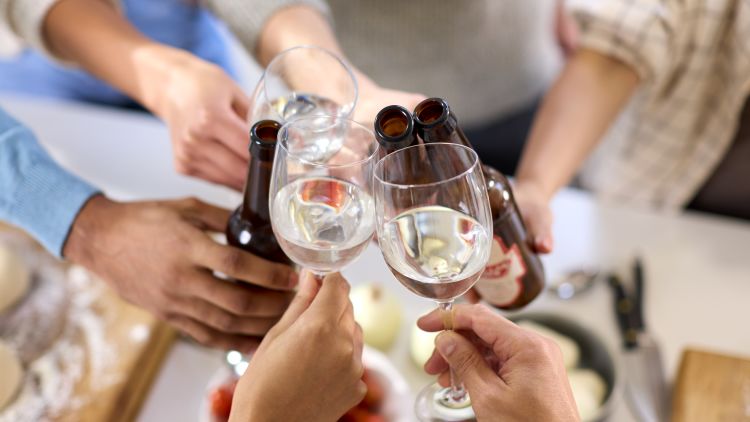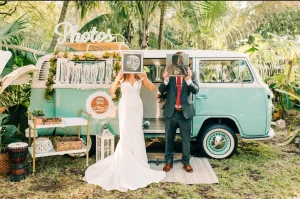Obtaining a liquor license is a crucial step for individuals or businesses looking to legally sell alcohol. Whether you’re opening a bar, restaurant, or liquor store, understanding the requirements to obtain a liquor license now is essential to ensure a smooth and lawful process.
Liquor licenses are legal permits that authorize the sale and distribution of alcoholic beverages within a specific jurisdiction. These licenses come in various types, including beer and wine licenses, on-premises licenses for bars and restaurants, and off-premises licenses for liquor stores.
To obtain a liquor license now is vital for businesses as it legitimizes their operations and ensures compliance with state and local regulations governing the sale of alcohol. Additionally, it fosters consumer trust and confidence in the establishment’s legality and commitment to responsible alcohol service.
Requirements for Obtaining a Liquor License
Legal Age Requirements
One of the fundamental requirements for obtaining a liquor license is ensuring that all individuals involved in the business are of legal drinking age. This typically means being at least 21 years old in the United States.
Background Checks
Applicants and key personnel may be subject to background checks to assess their criminal history and suitability for holding a liquor license. This is to ensure that individuals with certain criminal convictions or questionable backgrounds are not granted licenses.

Business Location
The location of the business is crucial, as zoning laws and regulations may dictate where alcohol sales are permitted. The premises must meet specific criteria set forth by local authorities, such as minimum distances from schools or places of worship.
Fees and Costs
Applying for a liquor license often involves paying various fees and costs, including application fees, renewal fees, and possibly additional expenses for legal or consulting services. These costs can vary widely depending on the type of license and the jurisdiction.
Compliance with Local Laws
Applicants must demonstrate compliance with all relevant local laws and regulations governing the sale of alcohol. This includes adhering to zoning ordinances, building codes, health and safety regulations, and any other requirements specific to the area.
Application Process
Once you’ve ensured that you meet all the requirements, the next step is to navigate the application process.
Research and Planning
Begin by researching the specific requirements and procedures for obtaining a liquor license in your area. This may involve consulting with legal experts or contacting the relevant licensing authorities for guidance.
Filling out the Application
Complete the application form accurately and thoroughly, providing all required information and documentation. Be prepared to disclose details about your business, ownership structure, proposed operating hours, and alcohol sales plans.






